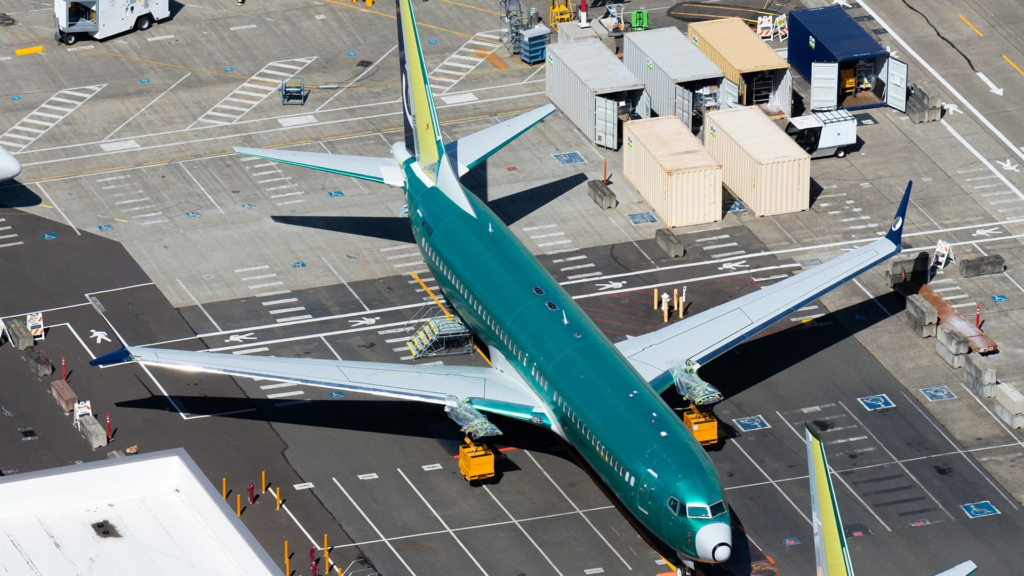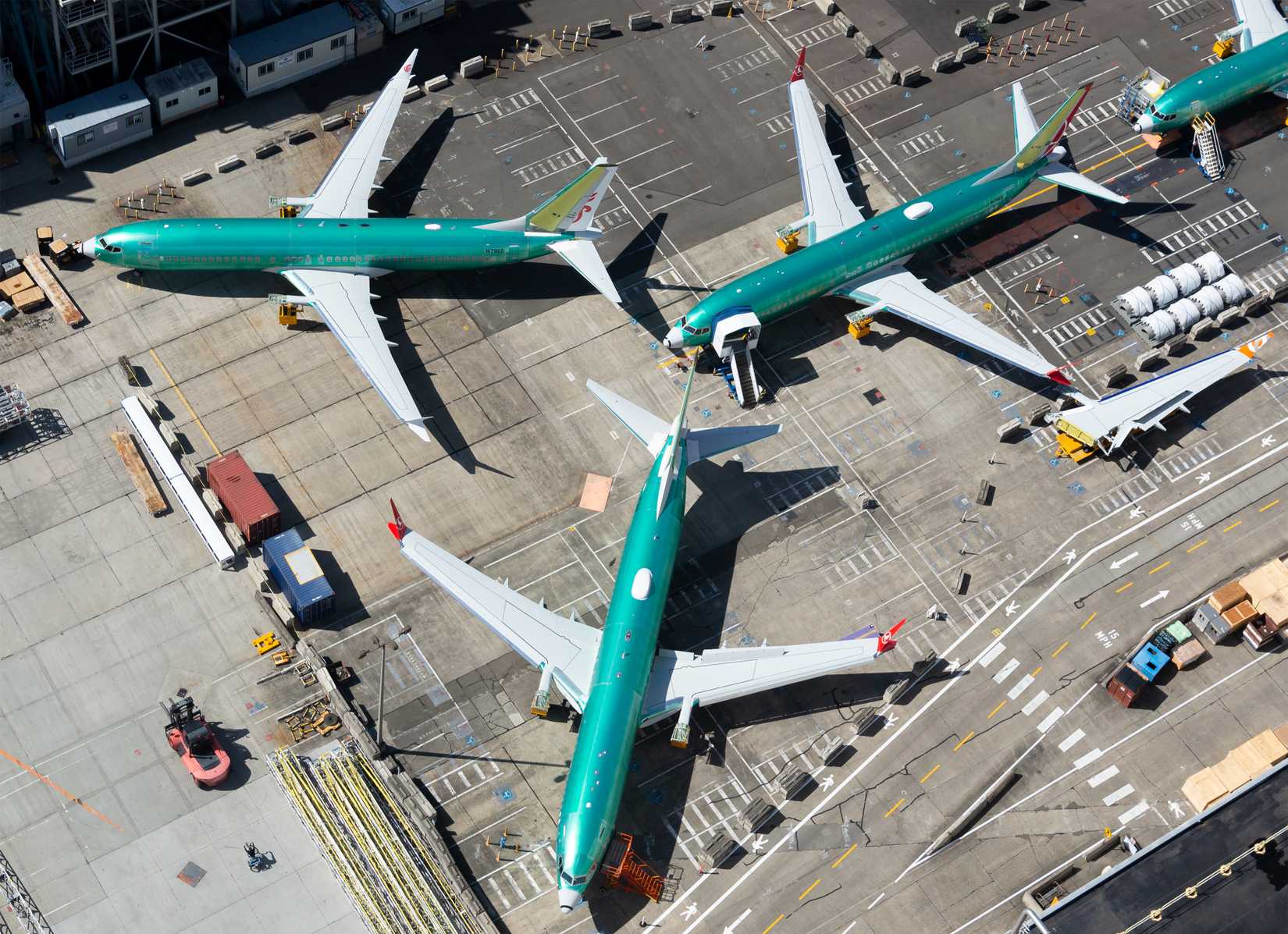![]() Boeing is poised to secure antitrust approval from the European Union for its $4.7 billion acquisition of Spirit AeroSystems, according to reports published by Reuters. This is contingent upon the manufacturer’s decision to sell Spirit’s Airbus-related business and divest its sites in Scotland, Malaysia, and Belfast. The European Commission is set to release its decision on this matter officially on October 14.
Boeing is poised to secure antitrust approval from the European Union for its $4.7 billion acquisition of Spirit AeroSystems, according to reports published by Reuters. This is contingent upon the manufacturer’s decision to sell Spirit’s Airbus-related business and divest its sites in Scotland, Malaysia, and Belfast. The European Commission is set to release its decision on this matter officially on October 14.
The United Kingdom cleared a deal without conditions in August. Boeing announced this specific transaction back in July 2024, announcing that it would be bringing the supplier back in-house and begin tightening quality control across its product lineup after recent industrial strains. Boeing and Spirit have yet to issue official comments on the matter. Overall, this ruling would reshape Spirit’s footprint while also advancing Boeing’s plan to stabilize its supply chain.
A Brief Overview Of The Deal On The Table
Boeing’s buyback of Spirit is centered on its ability to maintain accountability over the production of major aircraft structures. The principal objective of this was to stabilize Boeing 737 and Boeing 787 output. European Union approval currently hinges on the manufacturer’s ability to divest Airbus-linked sites. This will transfer European-oriented activity to Airbus and reduce the manufacturer’s foreclosure risk.
The all-stock $4.7 billion is acceptable in the event that disruptions to Boeing’s supply chains are less disrupted, but proper integration of this supplier into its US-based manufacturing network will ultimately be hard. There are many risks involved in any integration process. Execution is ultimately everything, with the ability to actually stabilize its supply chains and lift factory yields being the biggest hurdle.
A Deeper Look At Why This Partnership Required Approval
Saying that this merger required extensive approval implies that the merger has a reason to need regulatory oversight. Boeing is a major aircraft maker, and Spirit AeroSystems is a key supplier of large aircraft structures, allowing it to serve both Boeing and Airbus. This deal creates a powerful vertical link that can distort fair competition if not aggressively policed. Regulators will have a few things to address, starting with them having to assess whether Boeing, after buying Spirit, could worsen overall access and slow deliveries of its own programs over those of Airbus.
This partnership ultimately could harm rival aircraft producers. This is why the European Union reviewed this merger and is ultimately poised to approve it. However, they are demanding that Spirit AeroSystems divest its factories and production businesses, which are catered towards serving Airbus. This would significantly reduce the potential foreclosure risks that could emerge.
The UK government also examined the deal and cleared it immediately, given the manufacturer’s relatively limited presence in the United Kingdom. Beyond antitrust laws, the two manufacturers themselves also flagged that regulatory approvals would require the divestiture of Airbus-related business units.
What Is The Bottom Line When It Comes To This Situation?
At the end of the day, Boeing’s decision to purchase Spirit AeroSystems is a reversal of years of policy that led to divestitures and rapid deconsolidation. Originally, this kind of business separation was designed to help the airline lower its costs, as it would create a new company focused exclusively on manufacturing airframes and other subcomponents. There are some disadvantages to this kind of sale and industrial structure, but it ultimately was determined to be more than worth it at the time.
Legacy operators of Boeing and Airbus models have never interacted with Spirit AeroSystems, but they are still reliant on the supplier’s products. The biggest threat to a company leaving the market is that it could reduce competition, and manufacturers like Spirit could potentially leave a gap in the market that otherwise would have been served by other manufacturers.
As a result, there are certainly industry observers keeping a close eye on Spirit AeroSystems, especially those with a continued interest in Boeing’s growth. Boeing’s decision to bring the manufacturer back in-house is a big move, but it could pay off big time.





